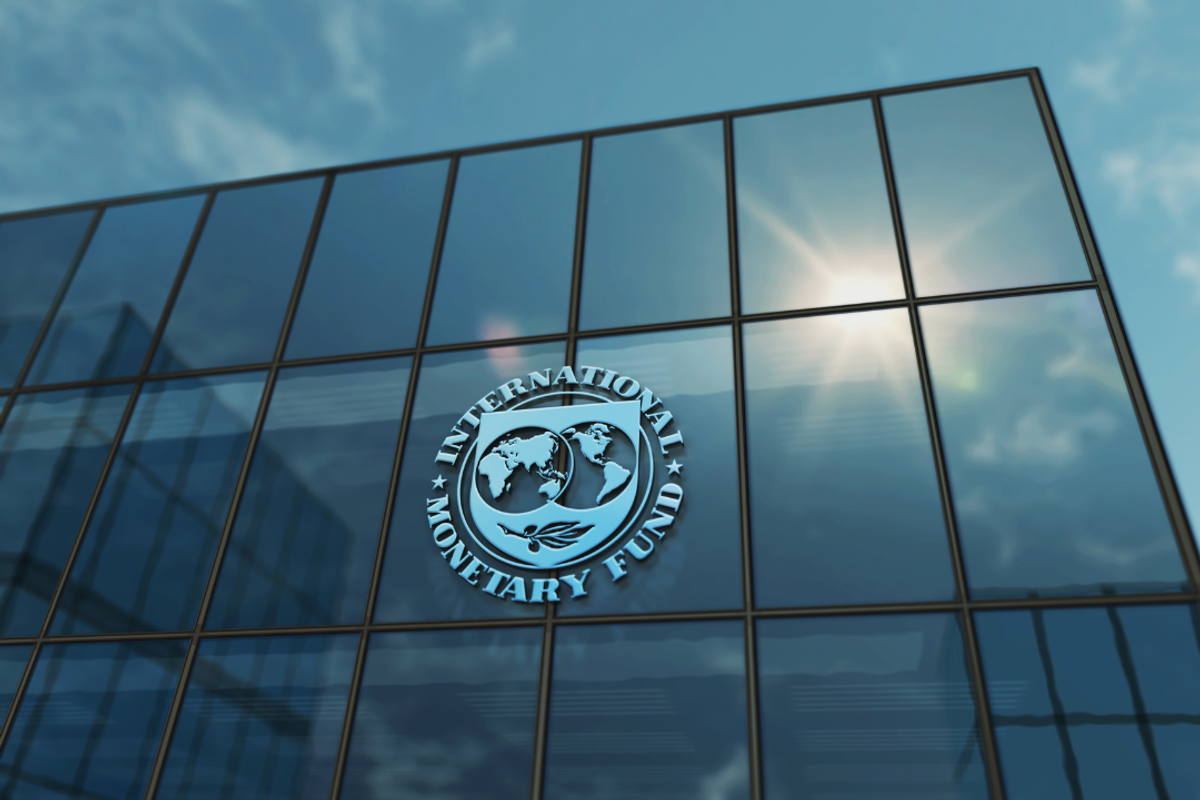IMF reiterates need for broader tax base in Pakistan
Tax-to-GDP ratio target set at 13% as FBR misses current fiscal year goal
Business Desk
The Business Desk tracks economic trends, market movements, and business developments, offering analysis of both local and global financial news.

The International Monetary Fund (IMF) reiterated the need to expand Pakistan’s tax base, urging timely adjustments to reduce circular debt and maintain a flexible exchange rate regime to build reserves and mitigate external shocks.
The IMF’s executive board approved $1 billion under its Extended Fund Facility (EFF) and $1.4 billion under the Resilience and Sustainability Facility (RSF) to address climate vulnerabilities.
Topline Securities said the approval of the first EFF review aligned with expectations, given Pakistan’s fulfillment of the program’s quantitative targets. However, concerns lingered that India might obstruct the approval due to ongoing border tensions.
“We view this as a positive development, signaling Pakistan’s reform agenda remains on track,” the brokerage firm said.
The IMF’s first-review approval in March 2025 is expected to boost market sentiment, potentially lifting the forward price-to-earnings (P/E) ratio toward its historic average of 7x. Currently, the market trades at a 2026E P/E of 4.7x—32% below the long-term average.
Tax Reforms and Fiscal Targets
The IMF emphasized improving tax collection, particularly in under-taxed sectors like agriculture and retail, to create a fairer system and reduce reliance on corporate and salaried taxpayers.
The program’s medium-term goal is to raise Pakistan’s tax-to-GDP ratio to 13%. However, in the first 10 months of fiscal 2025, the Federal Board of Revenue (FBR) missed its target by PKR 833 billion ($3 billion). Revised GDP estimates project the ratio at 10.6%, up from 9.0% in fiscal 2024.
A BMA Capital Management report noted the IMF credited timely energy tariff adjustments with reducing circular debt. Since 2024, the power sector’s debt stock fell by PKR 400 billion ($1.4 billion) to PKR 2.4 trillion ($8.6 billion) as of March 2025. The IMF urged further cost-side reforms, including tariff negotiations, to improve sector viability.
The IMF praised Pakistan’s tight monetary policy for achieving record-low inflation (0.3% year-over-year in April 2025) but stressed the need for data-driven decisions to maintain the State Bank of Pakistan’s (SBP) 5-7% inflation target. A flexible exchange rate was highlighted as critical for reserve stability and shock resilience.







Comments
See what people are discussing